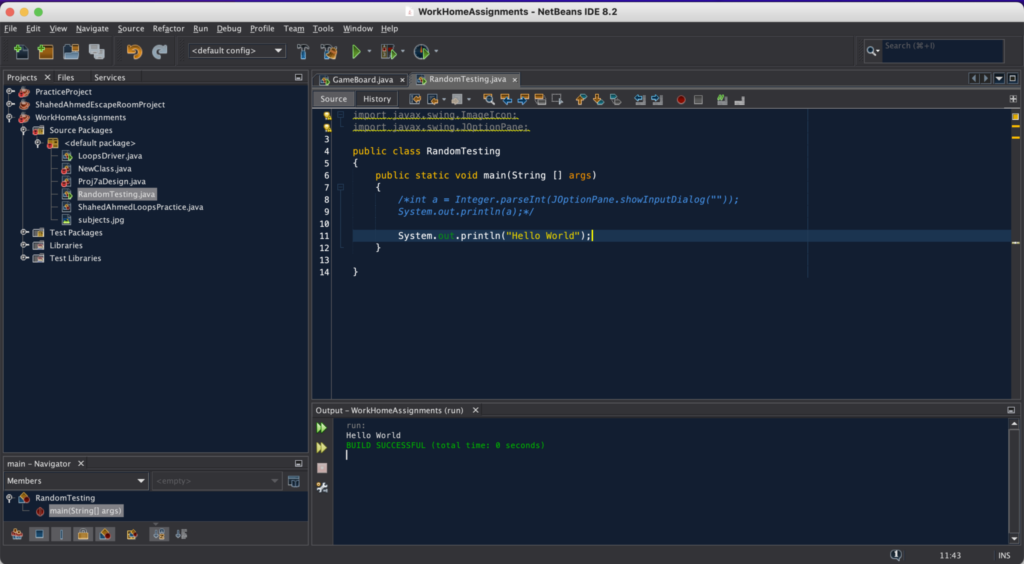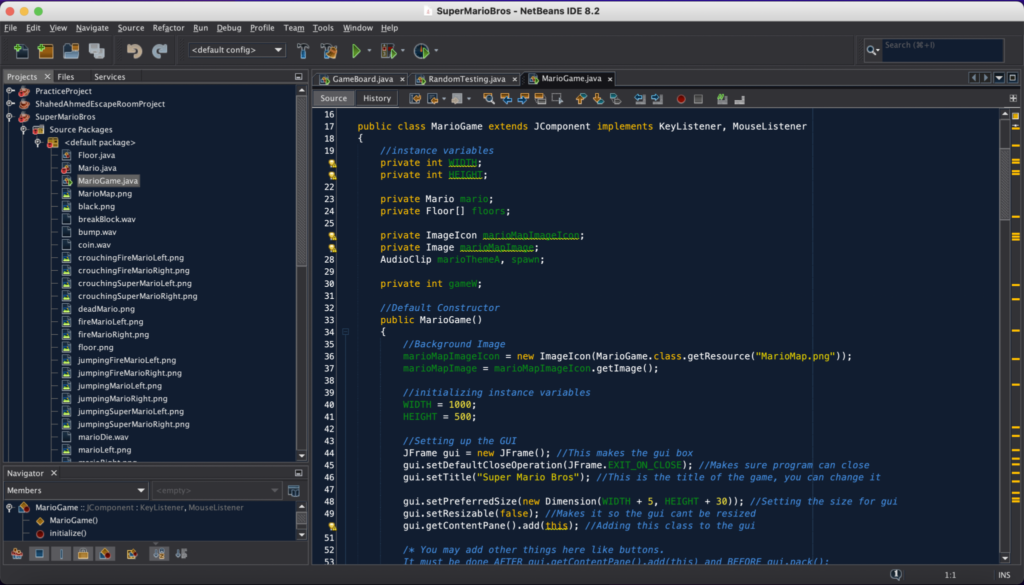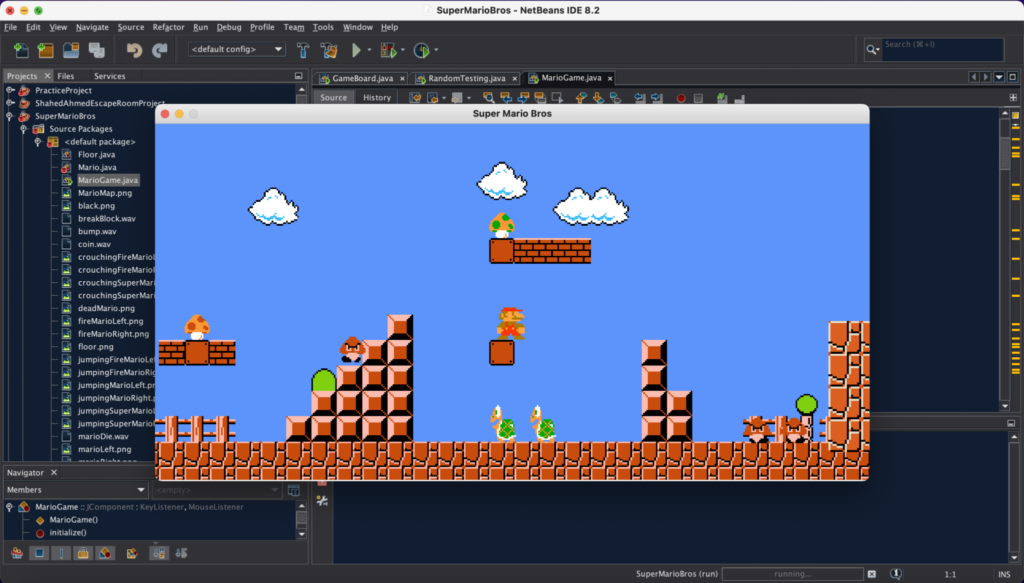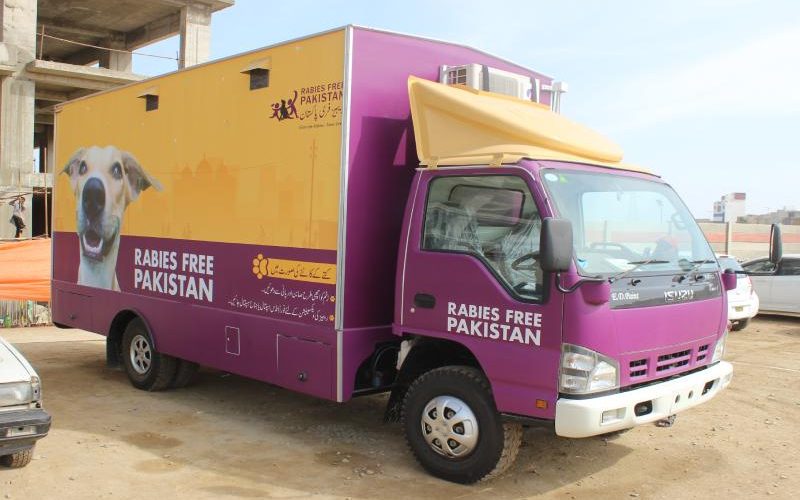WLLN Final
Ashraf Alam
Prof. Rice-Evans
8/18/22
Freshmen Eng. Comp.
WLLN: First Draft
A recent troubling moment that I had: was when having to write a scientific paper for both AP Capstone and AP Research. Having written loads of scientific papers before that point (credit to my science research class), however, these two papers were different in the sense that the language used and the way we had to format the paper was something I had never seen or done. Also, we were the pioneering class to take this course; there was no reference to go off of, and the papers themselves counted for about 60% of our final grade (the other 30% being the presentation). The hardest thing I can remember was the formatting: we needed to write the paper in a way such that our reference articles (which had to be all scientific papers/articles/journals) “needed to talk to each other”; the style was something I had never seen or written, and to say I had trouble was an understatement.
The AP capstone paper, in particular, was troubling due to the use of different lenses and the incorporation of stakeholders we needed to write about for each referenced article we used. There were eight lenses, but we had to use three. In the beginning, finding reference articles was not complex; having a science research background helped a lot, but the formatting and writing were other issues: I could not “solve” so easily. It took over four-six versions of the paper (all proofread by my instructor and peers) for me to get something decent. The first struggle came when detailing the findings; I was incorrectly listing the work under the wrong lenses/trying to make the articles fit into a lens that did not. Trying to connect lenses when they did not fit was not fun. Considering my paper, how the socioeconomic status of adults and its effects on their levels of happiness in rural China: were viewed from the social, economic, and political lenses was not an easy task. What was harder was the last paragraph: we had to interconnect all three lenses to make them “talk to each other” (this also acted as our closing statement).
https://docs.google.com/document/d/1fQRE_gfv1gQET6IsGrYvIJ-W0jtVn5tXlnenu912x_s/edit?usp=sharing
(Paper for IWA (AP Capstone))
https://drive.google.com/drive/u/3/folders/1SgQPBSzeJI8xdZR7rfSuRIizjgaW0y1k
(Presentation used for AP Research)
Continuing to the next year (AP research), we had another paper, but it was our study. We had to conduct either a human subject study or an experimental study, collect, analyze, and interpret data; this was what we were doing in our science research class, but this paper was more scrutinized and harshly graded. The AP research paper followed the same format as any basic science paper: the abstract, introduction, methods, results, data analysis, and conclusion. The only troubling part was that the reference articles (background research) had to build off each other. If the idea did not follow a logical direction, it was marked wrong, and we would not get those points. One article introduced an idea, the following article built on that idea, and so forth until we came to our study and how it was relevant to modern society or our bigger “question”/”topic” that we answered. I had some experience at this point: granted my experience from writing the AP Capstone paper.
The difference between my start to finish and where I currently am today is the difference in my abilities from back then to now. I am more competent in literacy and better know how the English language flows. Without AP capstone and AP research being two of the harshest English classes I have taken, I would not in the same shoes are I am in today. It has also given me general experiences in understanding the author’s points of view, biases, and perspectives of sources within the paper. I am nowhere near perfect or probably will ever be; however, this experience has shaped me and has brought me closer to better writing and reading of the conventional English language.









